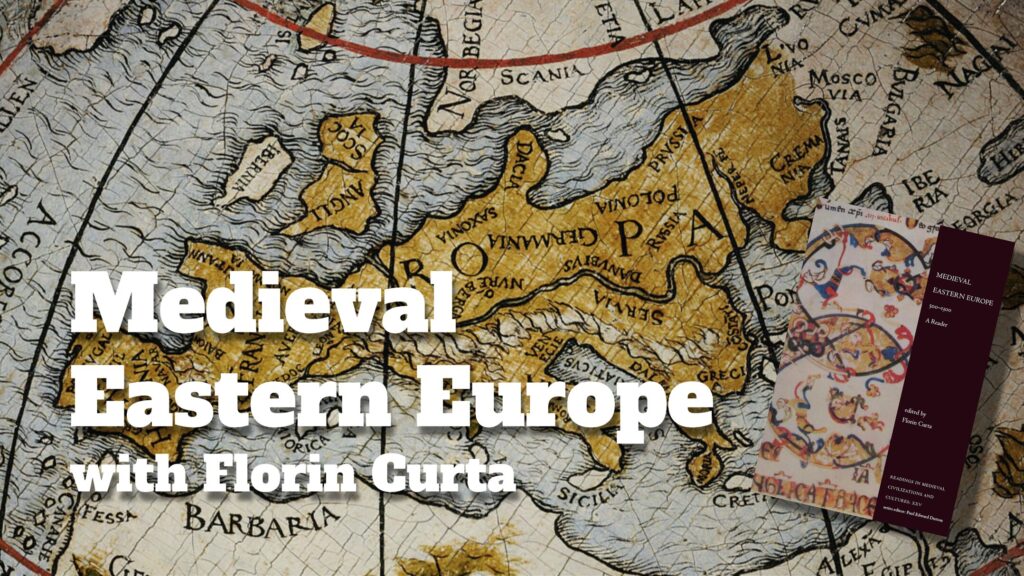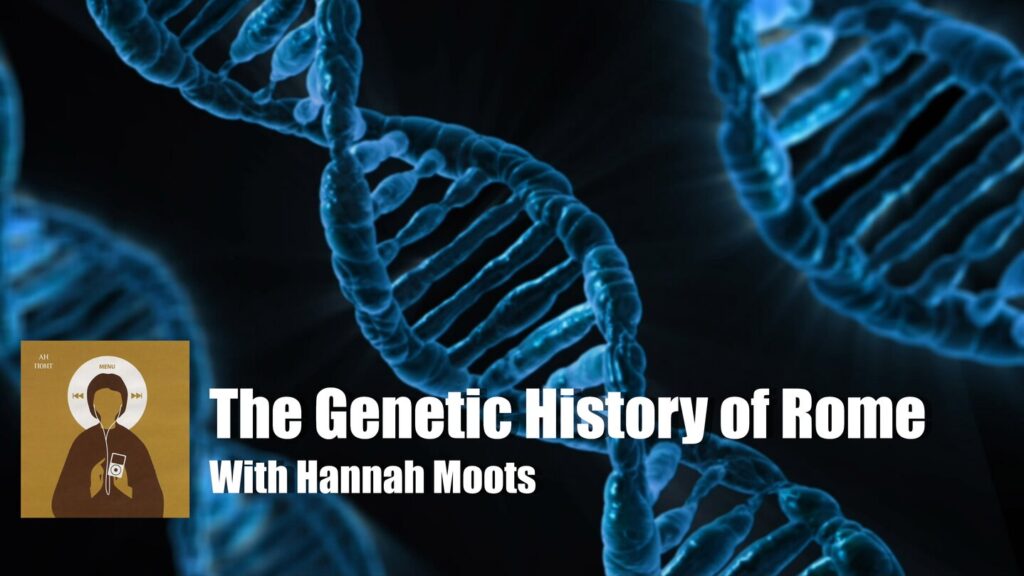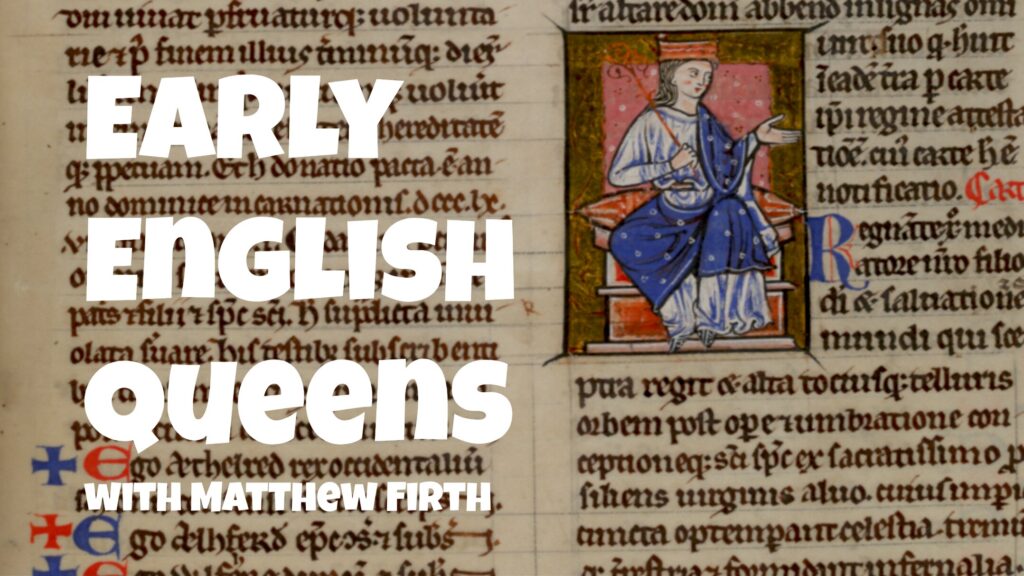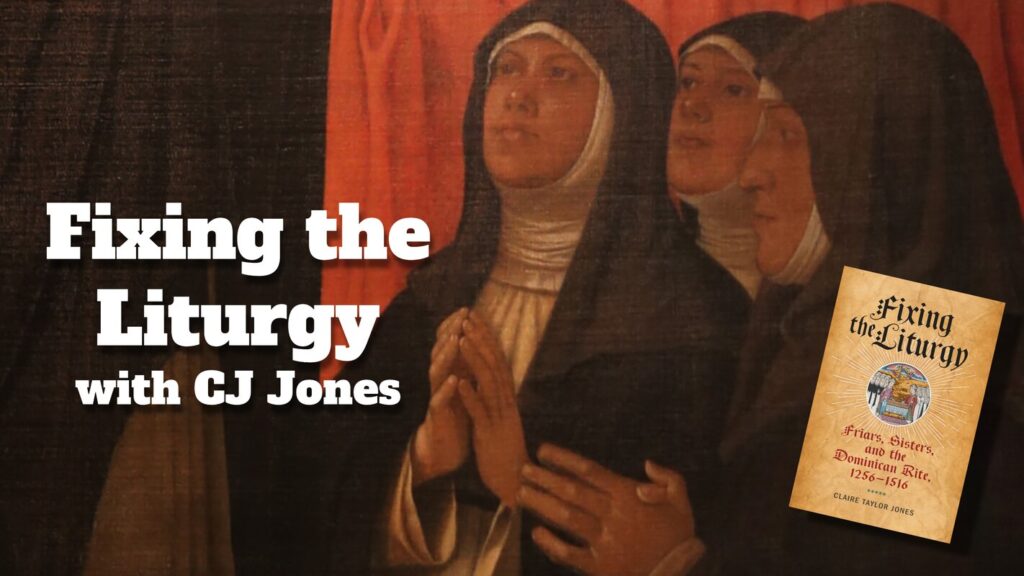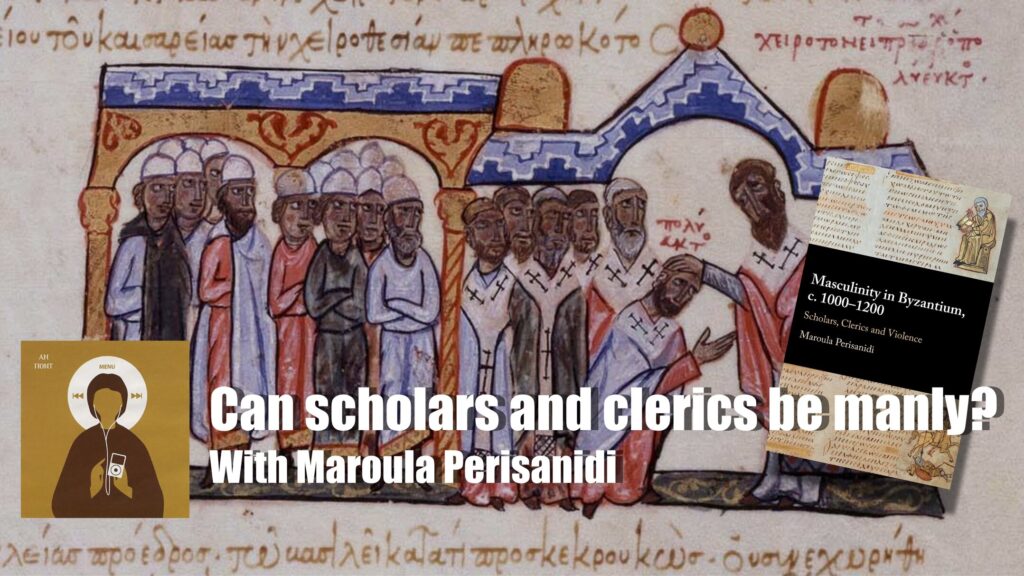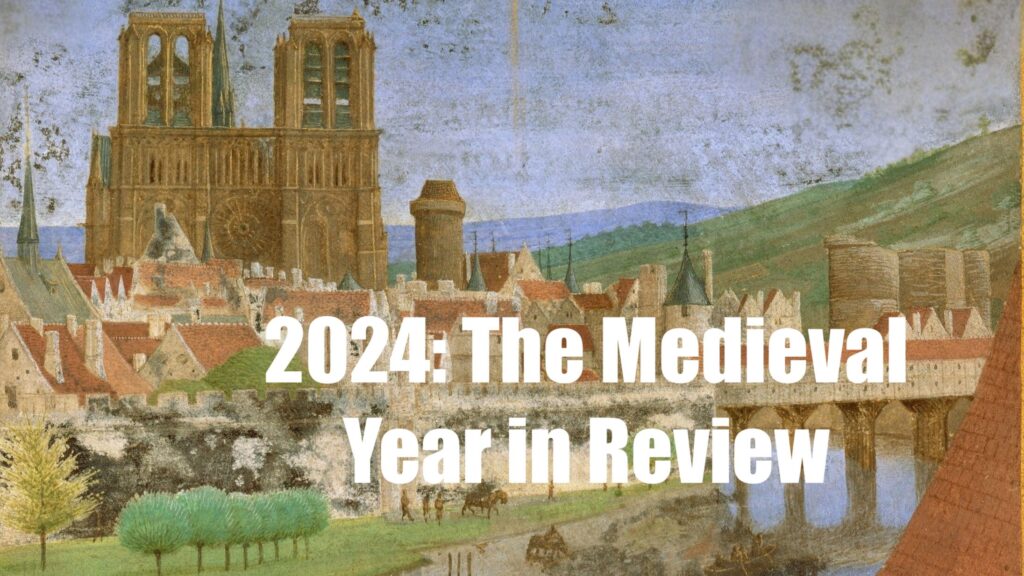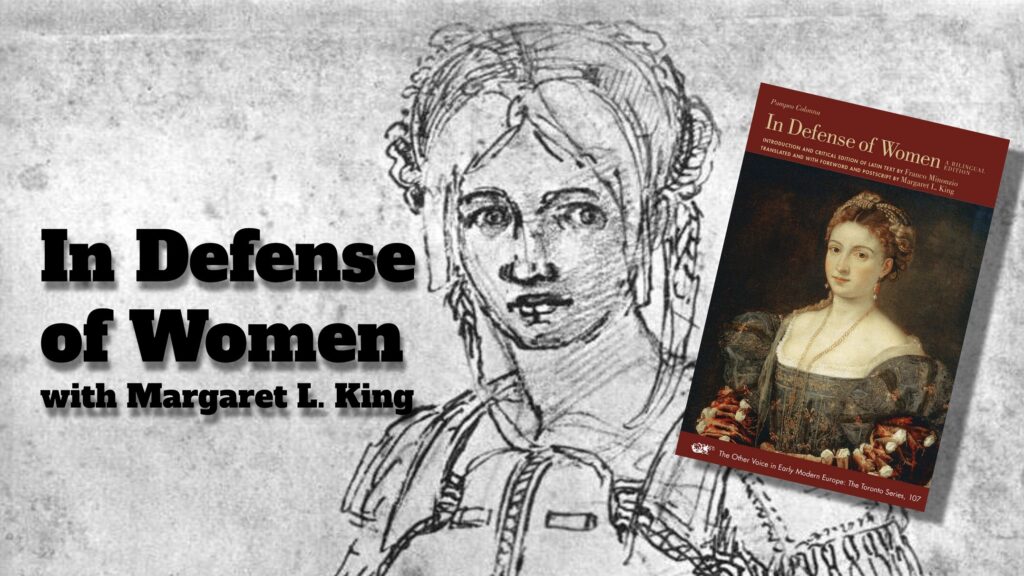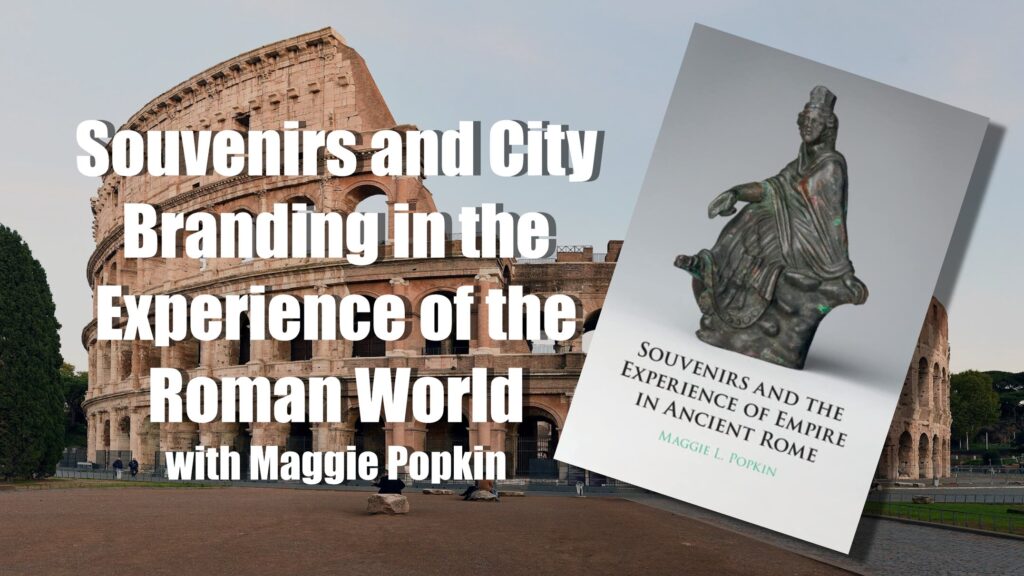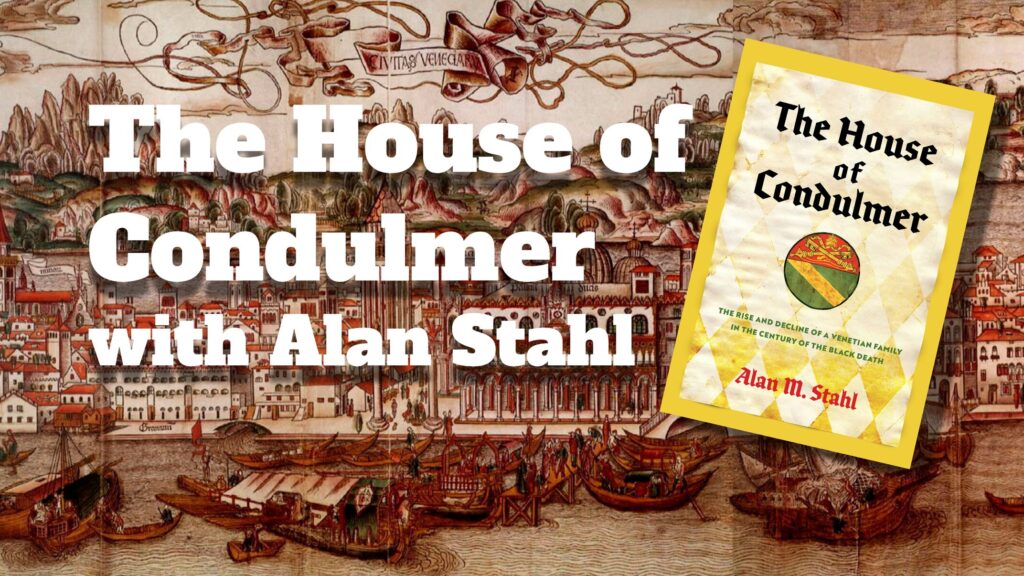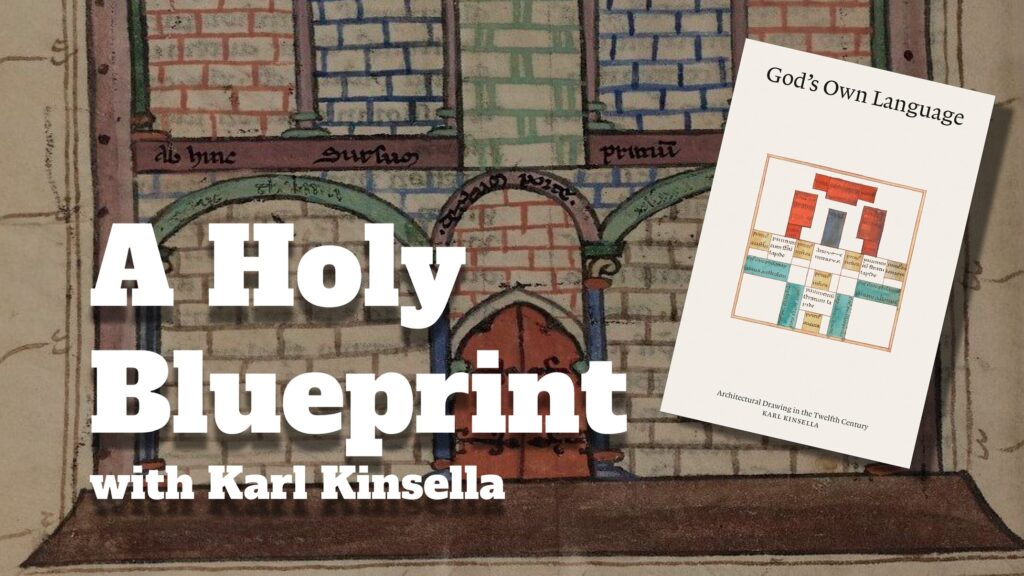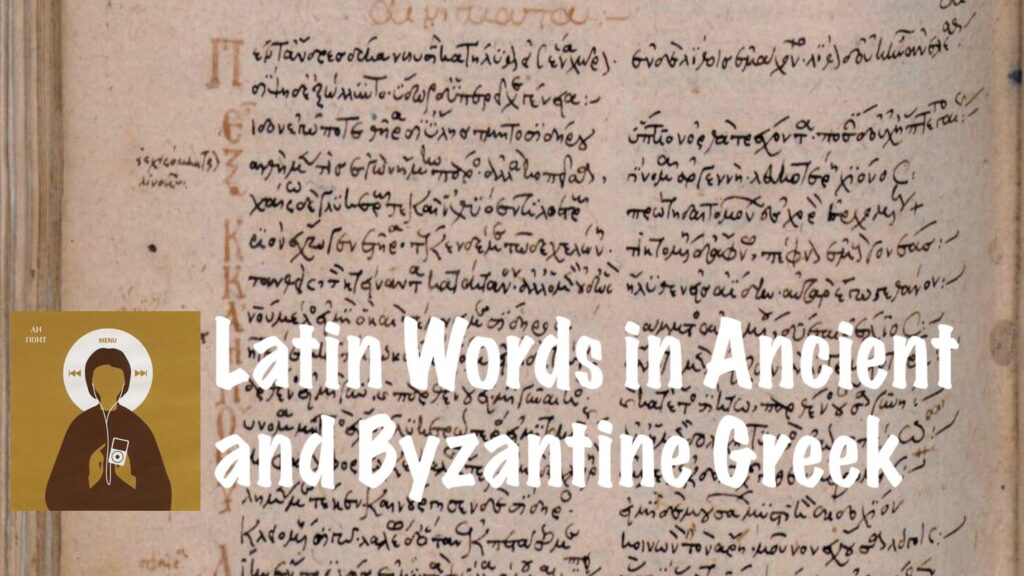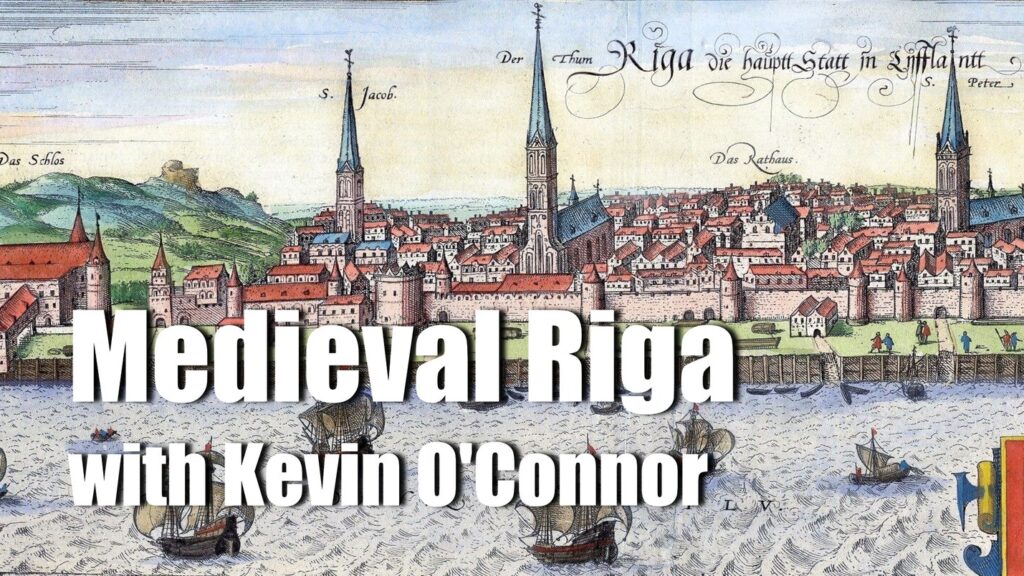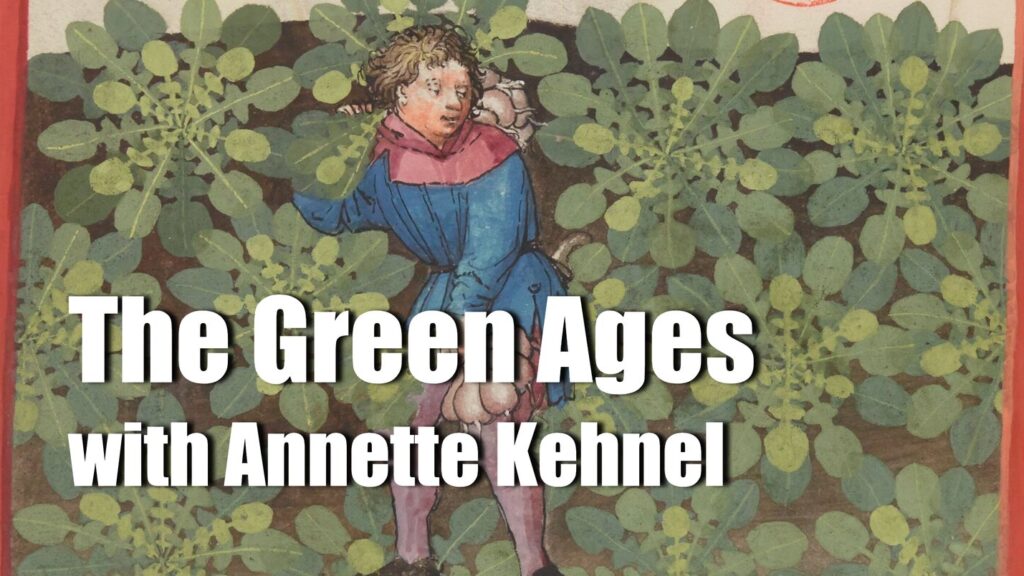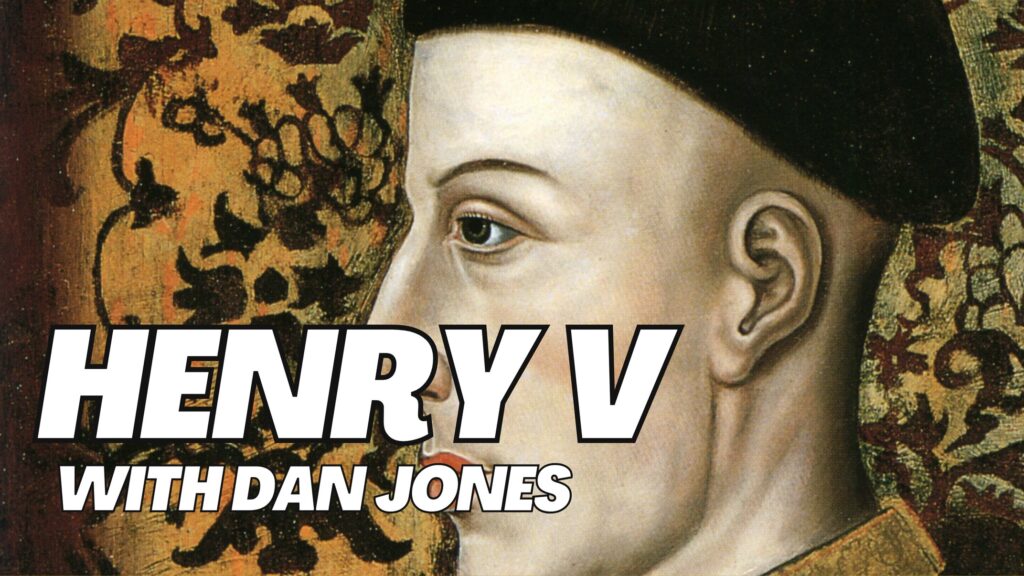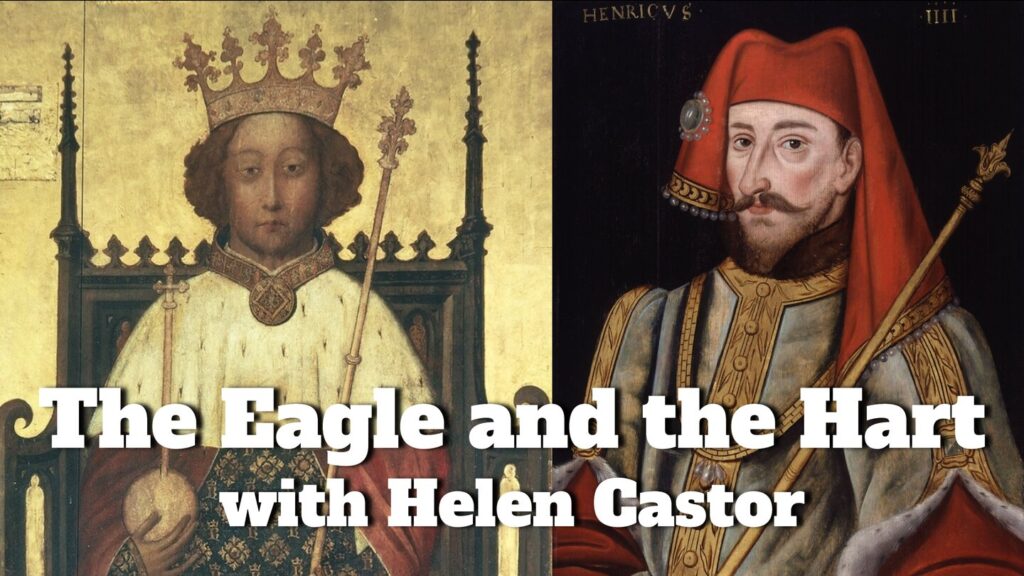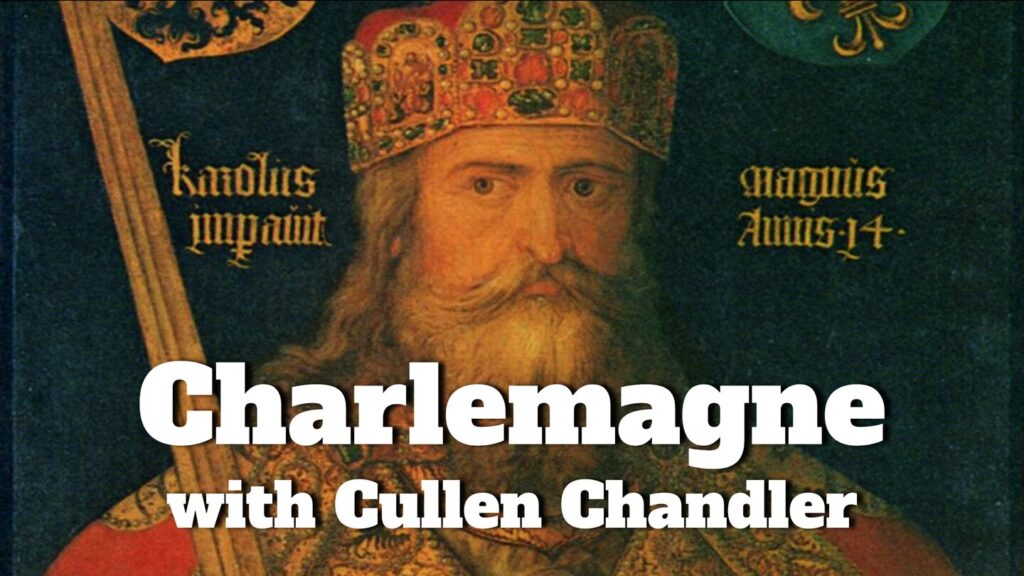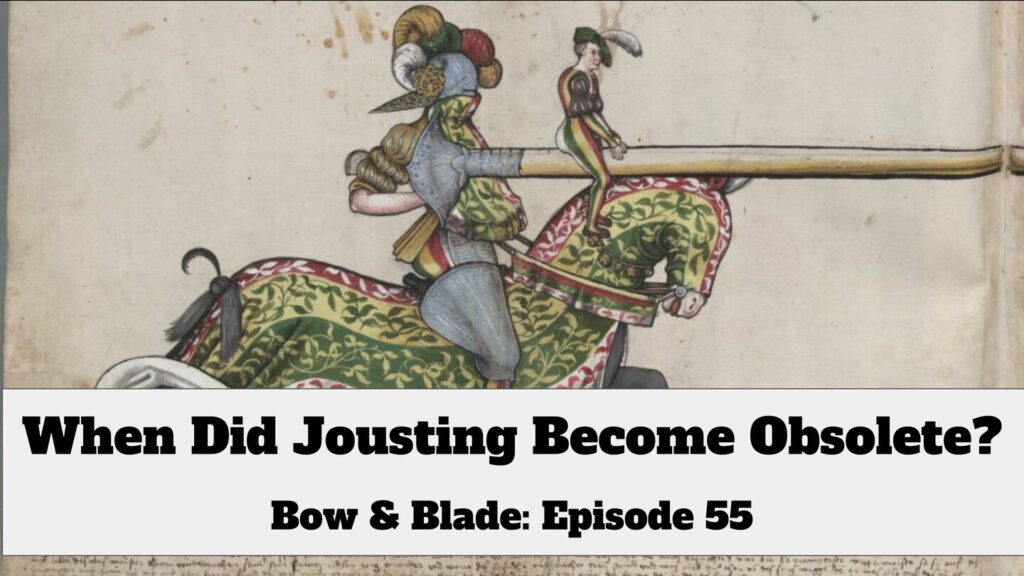Medieval Eastern Europe with Florin Curta
This week, Danièle speaks with Florin Curta about why it’s taken the field so long to address Eastern Europe, why we need to look at enslavement as part of our understanding of the European Middle Ages broadly, and how we can all get started including Eastern Europe in our scholarship, is coming up right after this.
The Genetic History of Rome, with Hannah Moots
A conversation with Hannah Moots about paleogenetic research, its goals, methods, and conclusions. What does it mean to study ancient DNA, and what does it tell us about human history?
Early English Queens with Matthew Firth – The Medieval Podcast, Episode 273
This week on The Medieval Podcast, Danièle speaks with Matthew Firth about what early queenship looked like, the role queens played in legitimizing a king’s right to rule, and how three incredible women shaped English royal history.
The Battle of Patay (1429) – Bow & Blade, Episode 57
Joan of Arc continues to put the English on the run. In this episode of Bow and Blade, Kelly and Michael examine this…
Fixing the Liturgy with CJ Jones – The Medieval Podcast, Episode 272
This week on The Medieval Podcast, Danièle speaks with CJ Jones about Dominican nuns, their theological sophistication, and how left their own unique mark on the Middle Ages.
Can scholars and clerics be manly?, with Maroula Perisanidi
A conversation with Maroula Perisanidi about the distinctive kind of masculinity that was fashioned by scholars and priests in the eleventh and twelfth centuries, the challenges and deficits that it faced, and the masculine capital that men in those occupations tried to amass and then spend.
2024: The Medieval Year in Review
2024 has been another wild ride in politics and medieval studies. This week, continuing tradition, Danièle speaks with Peter Konieczny from Medievalists.net about what’s been happening in the world and in the field this year.
In Defense of Women with Margaret L. King – The Medieval Podcast, Episode 270
This week on The Medieval Podcast, Danièle speaks with Margaret L. King about Renaissance man Pompeo Colonna, why he’s writing in defense of women, and how he crafts his argument.
Souvenirs and City Branding in the Experience of the Roman world, with Maggie Popkin
A conversation with Maggie Popkin about souvenirs in the Roman world, how they tie in with city identities and city branding, and the experience of travel. These portable objects shaped how people thought of places and the Roman world as a whole, from its attractions and experiences to its religious cults.
Best Medieval Books of 2024
Medieval Studies has no shortage of amazing books coming out each year, but which ones are the best of the best? This week, Danièle continues the annual tradition of listing her top five book recommendations of 2024 alongside those of Peter Konieczny, editor of Medievalists.net.
The House of Condulmer with Alan Stahl – The Medieval Podcast, Episode 268
This week on The Medieval Podcast, Danièle speaks with Alan Stahl about life in one of the richest cities in the medieval world, and the fate and fortunes a family who climbed the social ladder to the very top.
Shadow Empires, with Thomas Barfield – Byzantium & Friends, Episode 124
A conversation with Thomas Barfield about a distinctive category of empires that he has proposed in a new book, Shadow Empires: An Alternative Imperial History.
A Holy Blueprint with Karl Kinsella – The Medieval Podcast, Episode 267
This week on The Medieval Podcast, Danièle speaks with Karl Kinsella about the great twelfth-century scholar Richard of St. Victor, his efforts to make the vision of Ezekiel clear, and why this set of biblical blueprints is such an important contribution to the history of architecture.
The Battle of Lewes (1264) – Bow & Blade, Episode 56
King Henry III faces Simon de Montfort as England falls into civil war. In this episode of Bow & Blade, Michael and Kelly talk about the Second Barons’ War, and why Henry and his son Edward lost a battle they should have won.
Ibn Sina and Biruni with S. Frederick Starr – The Medieval Podcast, Episode 266
Experimenting, translating, and philosophizing about physics and metaphysics, biology and geology, two great thinkers from Central Asia stand out both for their achievements, and their completely opposite points of view. This week on The Medieval Podcast, Danièle speaks with S. Frederick Starr about the work and the lives of Ibn Sina (aka Avicenna) and Biruni, their contributions to science and culture, and the reason they outright despised each other.
The Fall of Constantinople, Pope Pius II, and the Birth of Europe, with Nancy Bisaha
A conversation with Nancy Bisaha about the origins of the idea of “Europe” as a place of identity and not just geography. One of its first theorists was the Italian humanist Aeneas Piccolomini (later Pope Pius II), who was in part reacting to the fall of Constantinople to the Ottoman Turks. The problem of whom to include and exclude as Europeans was there from the start. We talk about Aeneas himself and the siege of the City.
The Otherworld with Lisa Bitel – The Medieval Podcast, Episode 265
A place of supernatural encounters both incredibly good and spectacularly bad, the Otherworld featured in stories and songs throughout the Middle Ages, especially on the storied isle of Ireland. This week on The Medieval Podcast, Danièle speaks with Lisa Bitel about what the Otherworld was like, why Otherworldly beings were interested in humankind, and where we find these enchanting stories.
Latin Words in Ancient and Byzantine Greek, with Eleanor Dickey
Byzantium & Friends, Episode 122: A conversation with Eleanor Dickey on Latin words in ancient and Byzantine Greek. Eleanor has tracked them down and compiled them in a specialized dictionary, where she also offers new arguments about when, how, and why they were borrowed by Greek-speakers. It reaches down to 600 AD, but many of them survived later too, even into modern spoken Greek.
Bad Chaucer with Tison Pugh – The Medieval Podcast, Episode 264
When it comes to classics of literature, it can feel like there’s a lot of pressure to nod along with the crowd and say that some authors are just brilliant, full stop. But sometimes even great literature isn’t so great. This week on The Medieval Podcast, Danièle speaks with Tison Pugh about the good, the bad, and the downright ugly in Geoffrey Chaucer’s The Canterbury Tales.
Medieval Riga with Kevin O’Connor – The Medieval Podcast, Episode 263
This week on The Medieval Podcast, Danièle speaks with Kevin O’Connor about medieval Riga, its tumultuous place as a trading post between West and East – as well as war between bishops and crusaders – and how its medieval history plays out in today’s politics.
The Green Ages with Annette Kehnel – The Medieval Podcast, Episode 262
New and high-tech solutions for a sustainable future are being proposed on the daily, but what if some of the best ideas actually reside in the past? This week on The Medieval Podcast, Danièle speaks with Annette Kehnel about the way medieval communities shared, recycled, and even upcycled.
Henry V with Dan Jones – The Medieval Podcast, Episode 261
Last week, we looked at the story of Richard II and Henry IV, and the way these two cousins wielded the power of the English crown. This week on The Medieval Podcast, we round out the cycle that makes up the Hollow Crown by looking at Henry V, a man who many – including this week’s guest, Dan Jones – have called England’s greatest warrior king.
The Eagle and the Hart with Helen Castor – The Medieval Podcast, Episode 260
Richard II came to the throne as a young child, only to lose it to his cousin Henry IV in 1399. But why did Henry take such drastic action? And what became of the teenage boy who stood up to a crowd of angry peasants and held his own? This week on The Medieval Podcast, Danièle speaks with Helen Castor about these rival cousins, the events that shaped them, and how an anointed king could lose his hollow crown.
Charlemagne with Cullen Chandler – The Medieval Podcast, Episode 259
What’s so great about Charlemagne? We’re about to find out. This week on The Medieval Podcast, Danièle speaks with Cullen Chandler about the reign of Charlemagne, how he ruled such a massive empire, and how he still took the time to care about font.
When Did Jousting Become Obsolete? Bow & Blade, Episode 55
In this episode, Michael Livingston and Kelly DeVries answer your questions about medieval warfare.
